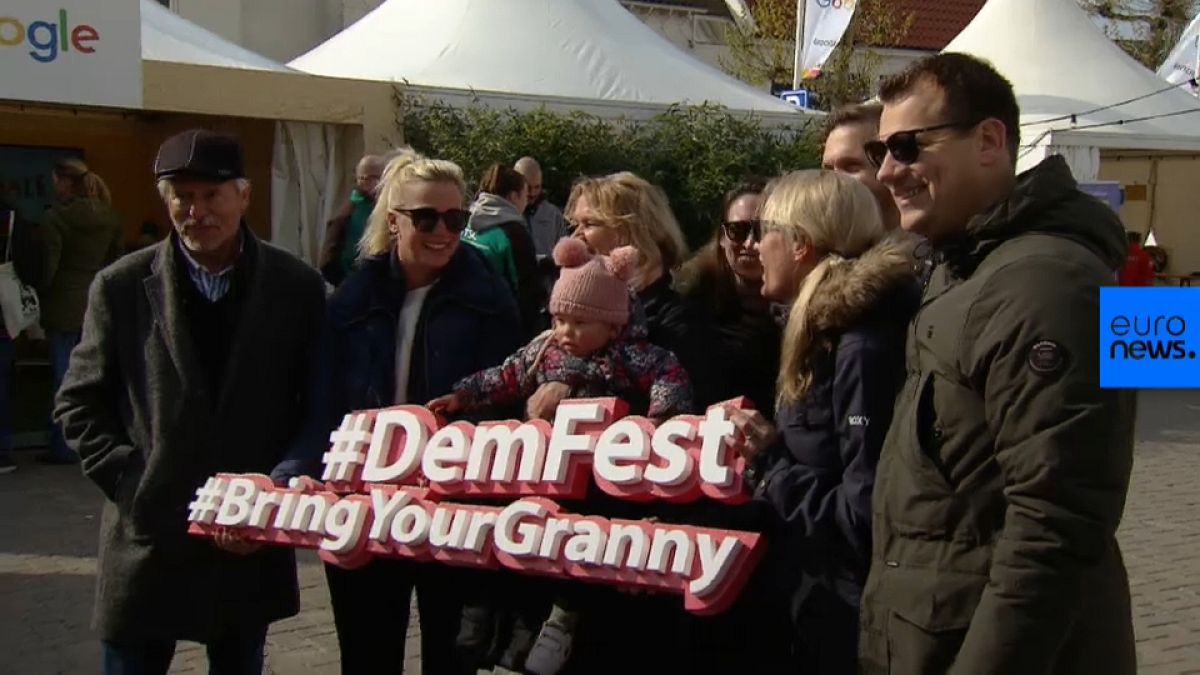Democracy is worth celebrating, at least that's the message of the Democracy Alive festival.
We often hear the expression “a celebration of Democracy” speaking about elections, but in the Nordic Countries, for a decade or so, they have been celebrating democracy and politics at so-called Democracy Festivals, welcoming thousands of aspiring voters.
Activists, citizens and top politicians of all hues get together to debate and discuss how to improve democracy but also eat, drink and listen to music.
Now pro-European lobby European Movement has tried to move the concept south to the island of Texel in the Netherlands, with the first pan-European Democracy Alive festival.
Finnish pioneer Alexis Pekkalin, vice-president of European Movement Finland, explains that one of the first Democracy Festivals in Finland had its roots in a Jazz Festival in the Sixties but in 2005 added a political gathering.
“My wish is that it could spread all over Europe, I think it would be a good idea that the Presidency of the European Union, when it changes, could be organizing this” he says.
This inaugural European Democracy Festival took place on April 11 with a small gathering of volunteers, activists, unions and residents of Texel.
But Mads Hvid, one of the organizers, says he is not discouraged by the relatively small attendance. The EU Commissioner for Competition, Margrethe Vestager, who took part in the first Danish Democracy Festival, told him that at the beginning the gathering was even smaller, but now brings together about 100,000 people.
The idea is to encourage citizens to get involved in politics, better understand politicians, and in the end to vote - the turnout of the European Elections dropped from 61,99% in 1979 to a low of 43,09% in 2014.
For the activists gathered in Texel as well as for the two ‘spitzenkandidat’ who participated in the festival, one of the problems is that the EU Election campaign is national, with national candidates speaking mainly about national issues and often making electoral calculations for the next national election.
So in the end, voters have very little knowledge of how European institutions work, and can feel that nobody is bothering to try to explain.
Should the message and the organization of the EU institutions be simpler? Or do they just need to be better explained?
